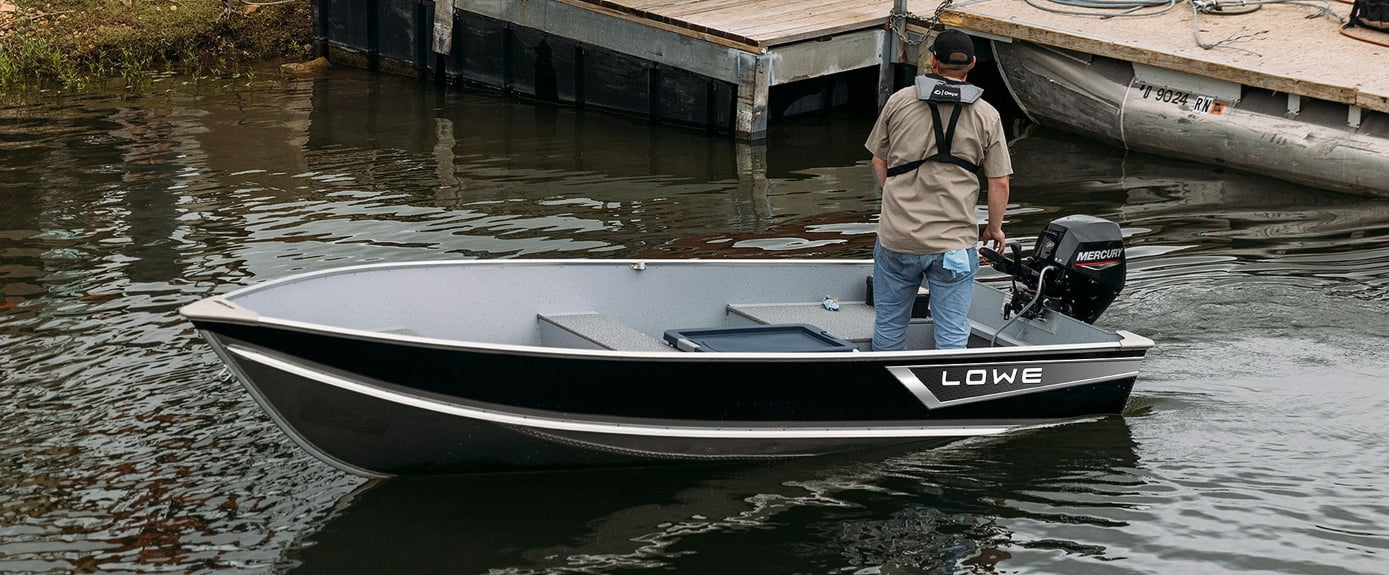Small fishing boats play a vital role in the global fishing industry, providing fishermen with a versatile and cost-effective means of harvesting the rich resources of the seas and rivers. These nimble vessels are designed to navigate shallow waters and tight spaces, making them ideal for various fishing techniques. In this article, we explore the world of small fishing boats, their features, uses, and the importance they hold for coastal communities worldwide.
I. The Versatility of Small Fishing Boats:
Table of Contents
Small fishing boats are known for their versatility, as they can adapt to different fishing methods and environments. Whether it’s coastal fishing, river fishing, or inland lakes, these vessels excel in maneuverability and efficiency. Their compact size allows fishermen to access shallow waters and reach areas that larger boats cannot, giving them a competitive advantage.

II. Types of Small Fishing Boats:
Dinghies: Dinghies are small, open boats commonly used for inshore fishing. They are lightweight and easy to handle, making them popular among recreational fishermen as well. Dinghies are typically powered by oars, outboard motors, or electric trolling motors.
Skiffs: Skiffs are flat-bottomed boats that excel in navigating shallow waters. They are often used for inshore and estuary fishing, as well as for netting and trapping operations. Skiffs can be powered by outboard motors or propelled manually using oars.
Punt Boats: Punt boats, also known as punts, are narrow and flat-bottomed vessels traditionally used in rivers and calm waters. They are ideal for anglers who prefer a quiet and steady fishing experience. Punt boats can be powered by oars, small outboard motors, or even sailed in favorable conditions.
III. Uses of Small Fishing Boats:
Commercial Fishing: Small fishing boats are widely employed by commercial fishermen for various types of fishing, such as netting, line fishing, and shellfish harvesting. Their maneuverability allows fishermen to navigate intricate networks of fishing nets and traps, ensuring a higher catch rate and reduced bycatch.
Recreational Fishing: Small fishing boats are a favorite choice among recreational anglers who enjoy fishing in sheltered bays, estuaries, and nearshore waters. These boats provide an affordable and accessible means for individuals and families to pursue their passion for fishing.
Conservation and Research: Small fishing boats are also utilized in conservation efforts and scientific research. They enable marine biologists and researchers to study marine life, collect data, and monitor the health of fish populations and habitats. Their ability to access remote areas ensures comprehensive data collection for informed decision-making.
IV. Advantages of Small Fishing Boats:

Cost-Effectiveness: Small fishing boats are generally more affordable to purchase and maintain compared to larger vessels. They consume less fuel, have lower operating costs, and require less maintenance, making them an attractive option for small-scale fishermen and fishing communities with limited resources.
Sustainable Fishing Practices: The smaller size of these boats promotes sustainable fishing practices by minimizing the impact on marine ecosystems. With their agility and precision, fishermen can target specific species, reducing bycatch and unintentional harm to non-target species.
Community Livelihoods: Small fishing boats are integral to the livelihoods of coastal communities, providing employment opportunities and supporting local economies. They enable small-scale fishermen to sustain their way of life, preserving cultural traditions and maintaining the social fabric of fishing communities.
Conclusion:
Small fishing boats may be diminutive in size, but their impact on the fishing industry and coastal communities is significant. Their versatility, cost-effectiveness, and ability to access shallow waters make them indispensable tools for commercial and recreational fishermen alike. These nimble vessels enable fishermen to employ various fishing techniques, ensuring a higher catch rate while minimizing environmental impact.
Read Also: A look at Priyanka Chopra’s net worth: from Bollywood to Hollywood

